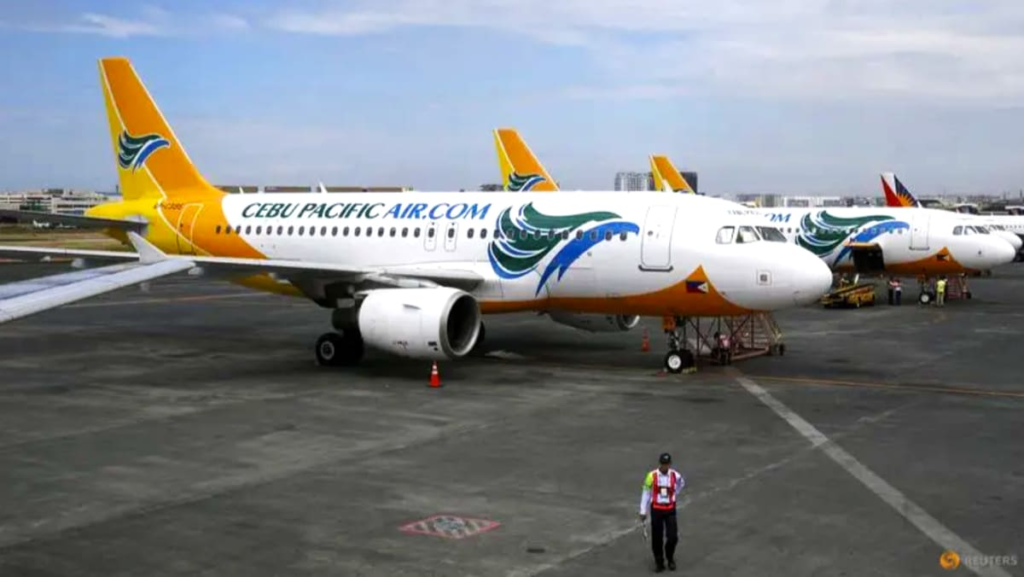To meet long-term growing demand, Cebu Pacific last year ordered 152 Airbus jets worth US$24 billion. The order begins in 2029 and will be delivered through 2035, Szucs told CNA.
Amid a global aircraft shortage caused by supply chain disruptions, some airlines have turned to China’s Commercial Aircraft Corporation (COMAC) as an alternative to Airbus and Boeing. Szucs said the competition is healthy for the industry.
“It’s great that there is potential for another manufacturer of jets coming onto the scene. Competition improves products and also improves economics,” he said.
He added that Cebu Pacific would consider COMAC planes once they receive international certifications.
“COMAC will have to go through the certification requirements, principally with the FAA and ISSA,” he said, referring to the United States’ Federal Aviation Administration and the International Air Transport Association’s (IATA) Standard Safety Assessment.
“That’s clearly on their milestones, and it’s clearly going to happen at some point. As soon as COMAC is available, it’s something that we will consider.”
SUSTAINABLE AVIATION FUEL
As airlines worldwide race toward net-zero emissions, Szucs said he believes sustainable aviation fuel (SAF) offers the most practical way forward.
SAF is a liquid fuel made from feedstock including waste oil and fats. It can reduce carbon emissions by up to 80 per cent compared to traditional jet fuel.
Unlike hydrogen or electric alternatives, sustainable aviation fuel can be used immediately with existing aircraft and airport infrastructure.
Other proposed technologies would require modified or new aircraft engines, infrastructure and regulatory systems that do not yet exist at scale.
Despite its promise, the main challenge with sustainable aviation fuel is its limited availability and high cost. It accounted for just 0.3 per cent of global jet fuel production in 2024, and is between two and five times more expensive than conventional jet fuel.
“All aircraft today and for the foreseeable future will need hydrocarbon fuel, and SAF is the way. Airlines need to explore ways of how we can get more SAF produced on an economic scale,” he said.
Szucs noted that unlike fossil fuels, which are concentrated in certain parts of the world, sustainable aviation fuel has one clear advantage: it can be produced locally – potentially stimulating domestic economies in the process.
FLEET MODERNISATION
The Cebu Pacific CEO said the most impactful step airlines can take today is upgrading to more fuel-efficient aircraft and engines.
Currently, about 72 per cent of the carrier’s all-Airbus fleet is fitted with advanced engine options that reduce fuel burn by around 18 per cent, Szucs said.
Beyond aircraft upgrades, another practical way to reduce the industry’s carbon footprint is electrifying ground operations and vehicles such as airport buses, pushback tractors and baggage carts, he added.
“Everyone’s got an obligation to make sure they’re taking the steps on what I consider to be the low-hanging fruits. That’s deliverable today. Airlines should be progressively replacing (such) equipment,” he said.
https://www.channelnewsasia.com/asia/cebu-pacific-ceo-mike-szucs-philippines-air-travel-sustainable-aviation-fuel-5438156


